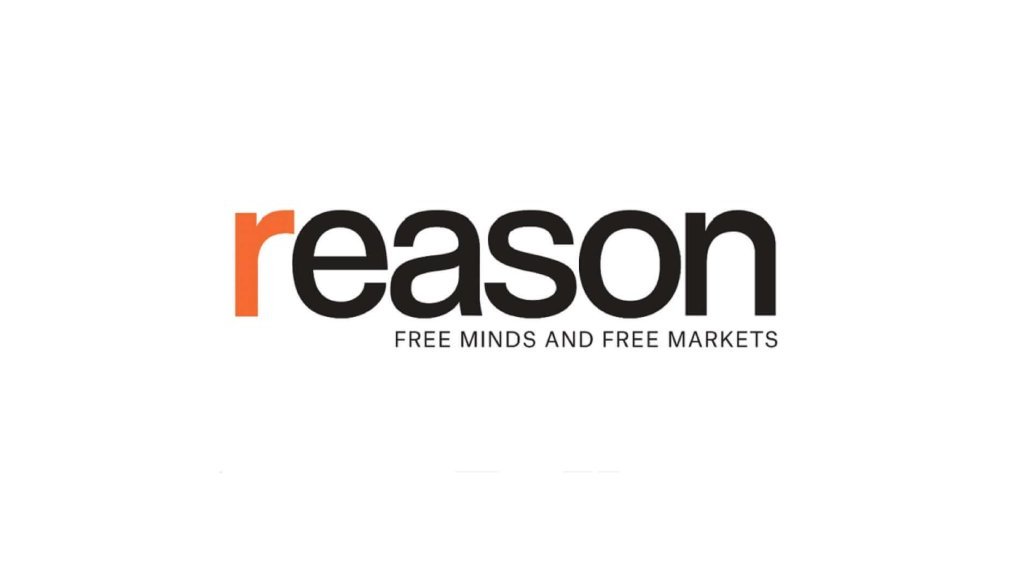Big City, Little Reforms
Happy Tuesday and welcome to another edition of Rent Free. This week’s newsletter covers:
- The official launch of Congress’ new YIMBY Caucus.
- President-elect Donald Trump’s pick to lead the Department of Housing and Urban Development (HUD).
- A new report on Los Angeles’ slow-as-molasses disbursement of homelessness dollars.
But first! We take a look at the final version of New York City’s major zoning overhaul.
A Watered Down ‘City of Yes’ Nears Passage
It’s been a long journey for New York’s City of Yes for Housing Opportunity—Mayor Eric Adams’ plan to allow “a little more housing in every neighborhood.”
Adams first announced this suite of reforms to pare back minimum parking requirements and allow more housing near transit stops, in commercial zones, and in low-density areas all the way back in June 2022.
“We are going to turn New York into a city of yes. Yes in my backyard. Yes on my block. Yes in my borough,” he said at the time. New York’s YIMBY (“yes in my backyard”) activists heralded the plan as a vibe shift—the city was at last getting in on the movement to allow more housing in more places.
The intervening two and a half years saw city planning staff draft a detailed version of these rules, the city’s community boards and borough presidents demand changes, and the City Planning Commission and City Council insert amendments that all had the effect of watering the proposal down.
On Thursday, the City Council’s zoning committee made what is expected to be a final set of changes to the 1,400-page zoning overhaul. The plan now goes back to the City Planning Commission for one final look before the whole City Council votes on it.
The ultimate version of the City of Yes is less ambitious than what Adams proposed and enables less housing than what many housing policy wonks say the city needs. Still, progress is progress.
More Parking, Bigger Units, Less Housing
The biggest changes made by the City Council on Thursday all have to do with parking.
The original version of Adams’ City of Yes plan called for the total elimination of parking minimums—rules that require developers to include a set number of off-street parking spaces for every new home they build.
Critics of parking minimums argue that the policy drives up developers’ costs, leads to an overproduction of parking compared to what the market would provide, and makes smaller-lot multifamily development infeasible. Dozens of cities and a handful of states have pared back or abolished these rules and witnessed more housing construction as a result.
But following the lead of urban Minneapolis was a bridge too far for New York City council members. Their Thursday parking amendments to the City of Yes divide the city into three zones.
In zone one, covering most of Manhattan and parts of Brooklyn and Queens, parking minimums are eliminated. In zone two, parking minimums are eliminated for smaller projects near transit stops and reduced for other types of housing. In zone three, existing parking minimums are left mostly untouched.
Eric Kober, a former New York city planner and a scholar with the Manhattan Institute, says that developers will respond to the new rules by proposing smaller projects that avoid the remaining parking minimums.
More housing will get built as a result, but “you’re promoting inefficiency because each building has to have its own heating system, its own elevator, and so on,” he says. Incentivizing developers to pursue smaller projects will also make some mixed-use retail-residential projects more difficult, he says.
The hodgepodge of other amendments made by the City Council on Thursday all have the effect of allowing less housing than the original City of Yes plan.
The City Council reduced the number of are
Article from Reason.com

The Reason Magazine website is a go-to destination for libertarians seeking cogent analysis, investigative reporting, and thought-provoking commentary. Championing the principles of individual freedom, limited government, and free markets, the site offers a diverse range of articles, videos, and podcasts that challenge conventional wisdom and advocate for libertarian solutions. Whether you’re interested in politics, culture, or technology, Reason provides a unique lens that prioritizes liberty and rational discourse. It’s an essential resource for those who value critical thinking and nuanced debate in the pursuit of a freer society.




